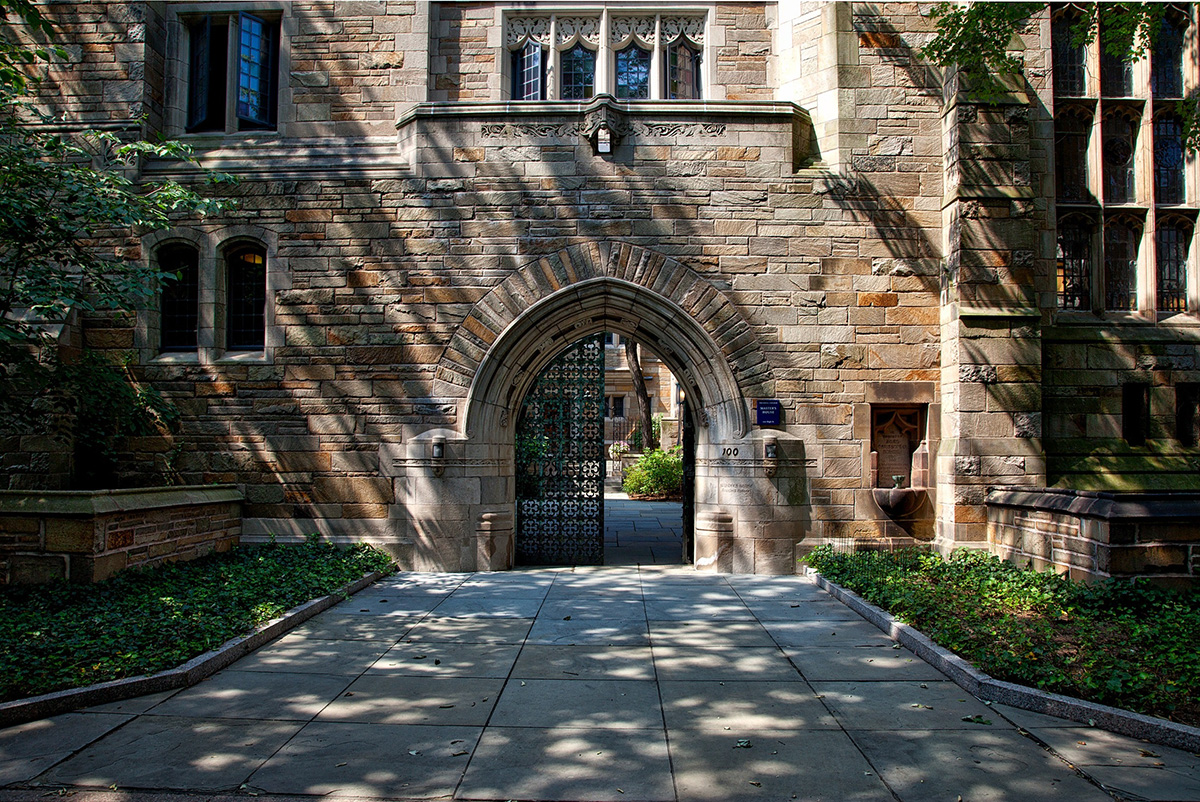
Judge Rules Pennsylvania's System of School Funding is Unconstitutional
In February, after years of legal jousting, Pennsylvania Commonwealth Court Judge Renee Cohn Jubelirer ruled in William Penn Sch. District et al. v. Pa. Dept. of Education et al., No. 587 M.D. 2014, 2023 WL 1990723, (Pa. Commw. Ct. Feb. 7, 2023) (William Penn) that Pennsylvania’s system of school funding is unconstitutional and ordered it to be reformed.
03.09.23
Article III, Section 14 of the Pennsylvania State Constitution states “the General Assembly shall provide for the maintenance and support of a thorough and efficient system of public education to serve the needs of the Commonwealth.” (emphasis added) Since the General Assembly provides a smaller share of funding for education, this forces local school districts to rely heavily on local taxes to fund school districts. This created gross disparities between rich districts that have a strong local tax base and poorer districts that don’t have as strong of a tax base, thereby depriving children in poorer communities of “a thorough and efficient system of public education.”
The Petitioners argued that the state consistently failed to meet this basic responsibility. The claims brought by the school districts were twofold; first, the state has a legal obligation under the state constitution to “provide for the maintenance and support of a thorough and efficient system of public education” for all students across the Commonwealth. The Petitioners argued that public education funding in a “thorough and efficient” manner is a system that is adequately supported, comprehensive and effective so that all students have the opportunity to meet state academic standards.
Second, the Petitioners alleged that the current funding structure created significant disparities in resources that discriminate against students living in districts with lower property values, thereby creating an inability to make up for the loss of state funding through tax increases. The Petitioners alleged that this funding disparity violated the equal protection provisions in the state constitution because lower-wealth districts are being denied the opportunity to receive an adequate education, whereas wealthier districts are receiving an adequate education.
In an almost 800-page decision, Judge Cohn Jubelirer states, “All witnesses agree that every child can learn. It is now the obligation of the Legislature, Executive Branch, and educators, to make the constitutional promise a reality in this Commonwealth.” Id. at 356.
The Order entered by Judge Cohn Jubelirer calls for the “respondents, comprised of the Executive and Legislative branches of government and administrative agencies with expertise in the field of education, the first opportunity, in conjunction with Petitioners, to devise a plan to address the constitutional deficiencies identified herein.” Id. at 355.
While this case took almost a decade of legal twists and turns, the biggest question being asked is how Pennsylvania’s new Governor, Josh Shapiro, and the General Assembly will enact the requirements of the William Penn decision. As an early indication, Governor Shapiro has stated that his first budget “will make a down payment to remedy this situation.” Even in her opinion, Judge Cohn Jubelirer states that no other “Pennsylvania court has ever reached the point of fashioning a remedy as to how to address school funding inadequacies.” Id. The opinion continues, “courts from other jurisdictions have taken similar approaches to the one this Court is taking.” Id.
What is clear from the other jurisdictions is that while this case is a win for public school students across the Commonwealth, expect that the remedy in this case will be relitigated far into the future.
Co-Authors Bill Matthews and Lisa Lori are co-chairs of the Education Practice Group. Co-author Leonard Altieri is an associate in the Real Estate and Finance Department.